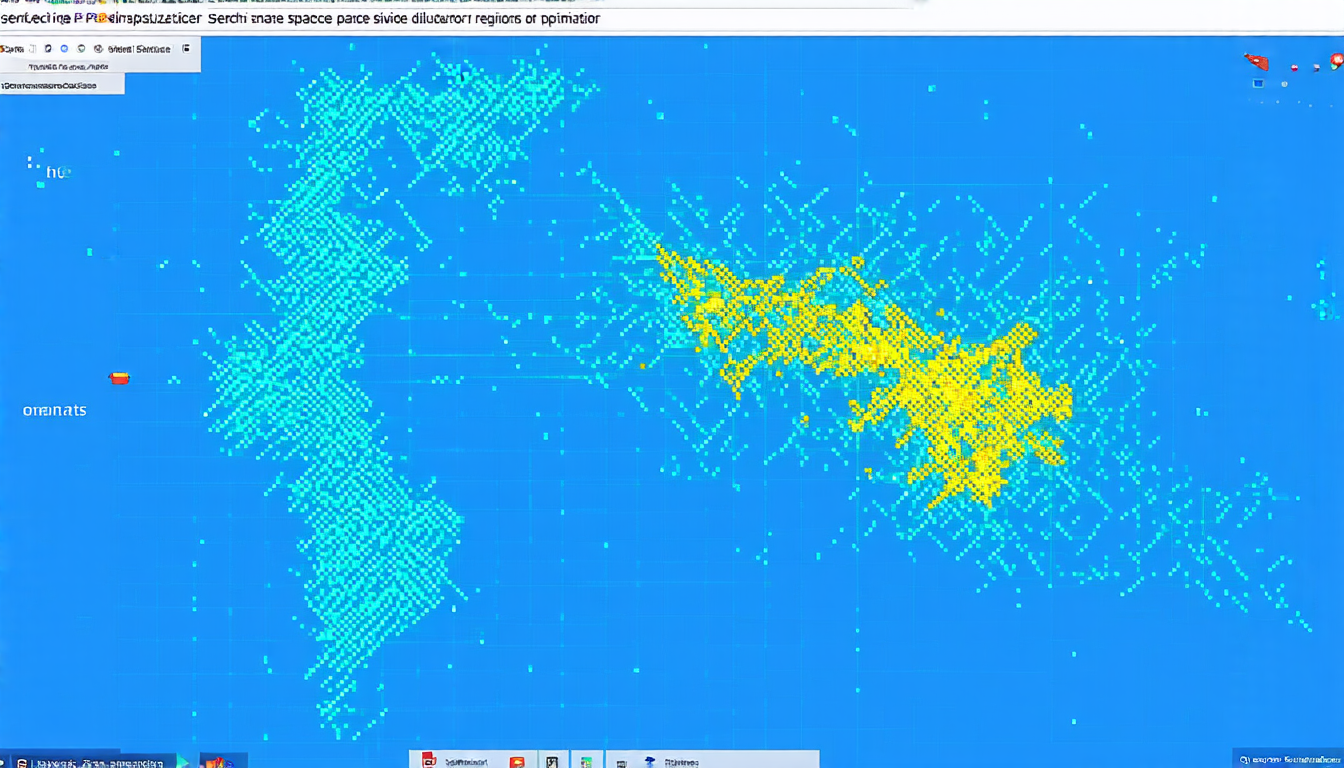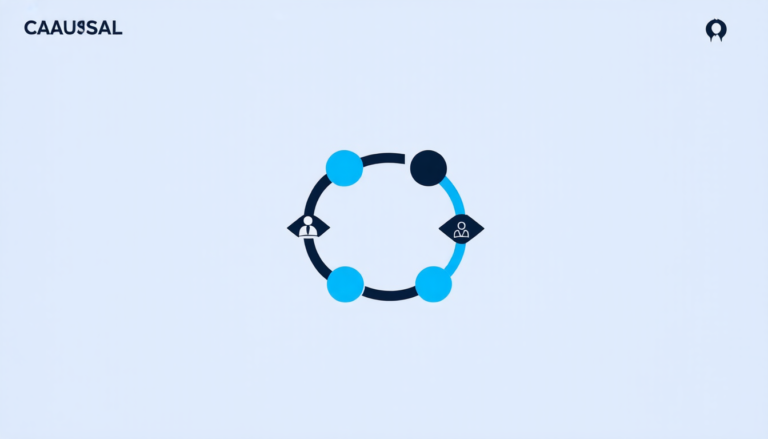Saturday 29 March 2025
The quest for efficient black-box optimization has been a longstanding challenge in fields such as machine learning and engineering. In this pursuit, researchers have developed various methods to optimize complex functions without knowing their underlying mechanisms. One promising approach is Bayesian optimization (BO), which uses probabilistic models to search for the optimal solution.
However, BO faces significant hurdles when dealing with high-dimensional black-box problems. These challenges arise from the curse of dimensionality, where the volume of the search space increases exponentially with the number of dimensions. This makes it increasingly difficult to efficiently explore and optimize complex functions.
To overcome these limitations, a team of researchers has proposed a novel framework called DiBO (Diffusion-based Bayesian Optimization). DiBO combines diffusion models with Bayesian optimization to develop an efficient and effective method for high-dimensional black-box optimization.
The core idea behind DiBO is to use diffusion models to capture the underlying structure of the target function. These models are trained on observed data and can generate new samples that mimic the original distribution. By leveraging these generated samples, DiBO can efficiently explore the search space and identify promising regions for optimization.
One key innovation in DiBO is its ability to amortize posterior inference using a diffusion model. This allows the algorithm to scale to high-dimensional problems by reusing computations from previous iterations. Additionally, DiBO incorporates an ensemble of proxies to estimate uncertainty, which enables the algorithm to balance exploration and exploitation during optimization.
Experiments on various synthetic and real-world benchmarks demonstrate that DiBO outperforms state-of-the-art BO methods in terms of sample efficiency and overall performance. The results show that DiBO is capable of efficiently optimizing complex functions with hundreds of dimensions, achieving significant improvements over existing methods.
The implications of DiBO are far-reaching, with potential applications in fields such as machine learning, engineering, and finance. By providing a scalable and effective solution for high-dimensional black-box optimization, DiBO has the potential to accelerate innovation and discovery across multiple domains.
In the future, researchers may explore ways to further improve DiBO by incorporating additional techniques or adapting it to specific problem domains. Nevertheless, the development of DiBO represents an important step forward in the quest for efficient optimization methods, paving the way for new breakthroughs and innovations in a wide range of fields.
Cite this article: “Diffusion-Based Bayesian Optimization: A Novel Framework for High-Dimensional Black-Box Optimization”, The Science Archive, 2025.
Black-Box Optimization, Bayesian Optimization, High-Dimensional Problems, Diffusion Models, Machine Learning, Engineering, Finance, Sample Efficiency, Uncertainty Estimation, Ensemble Methods







